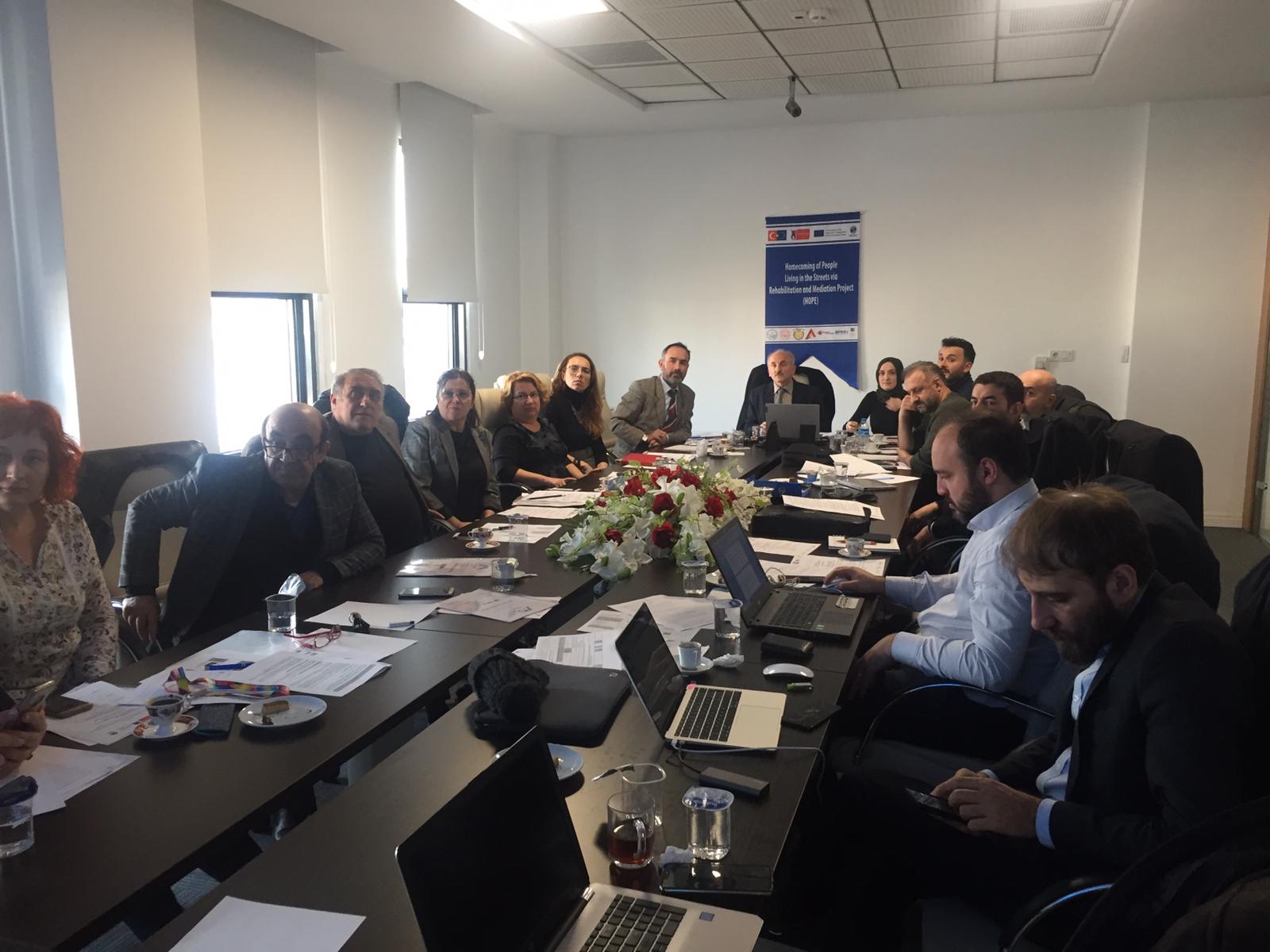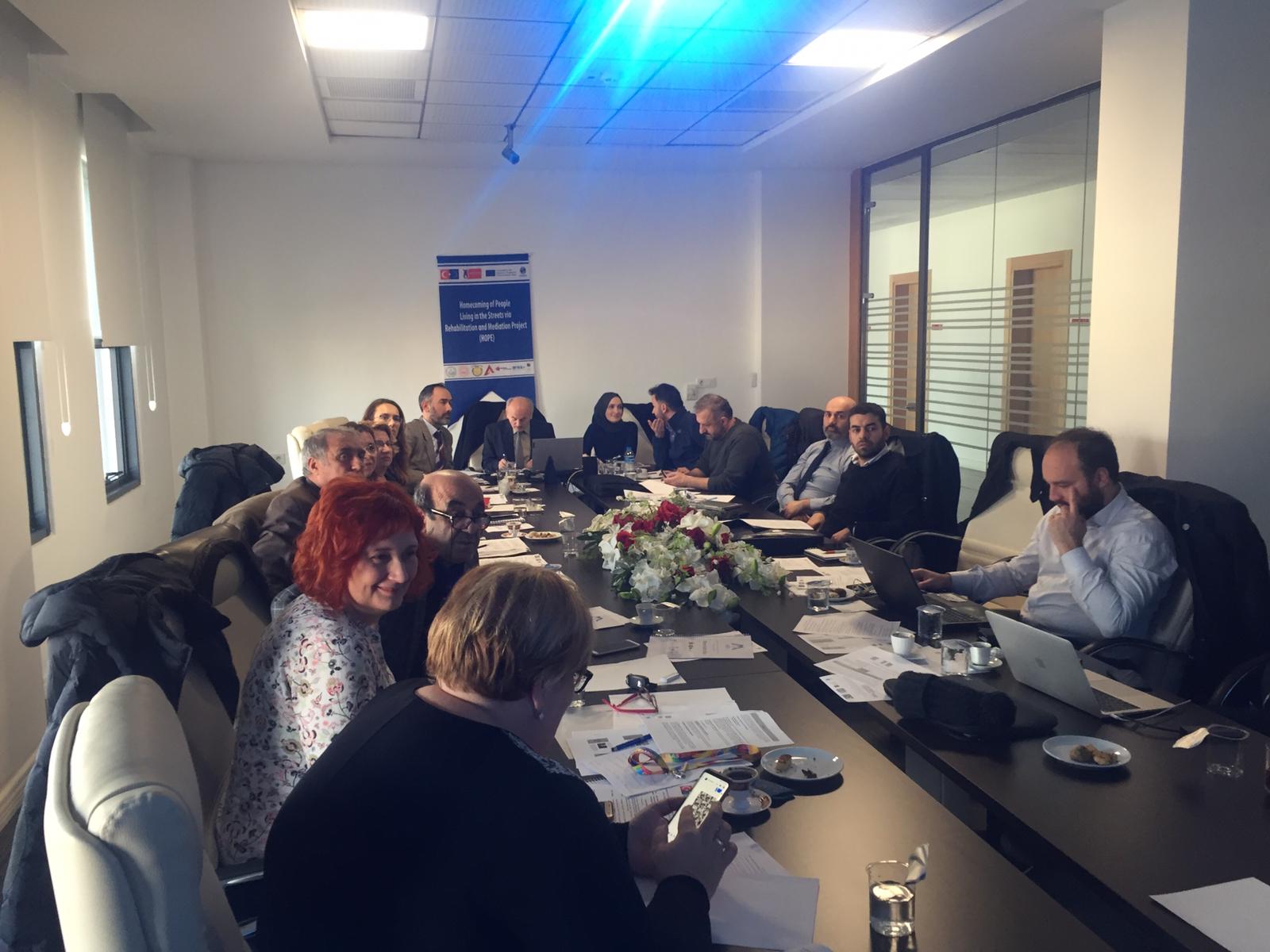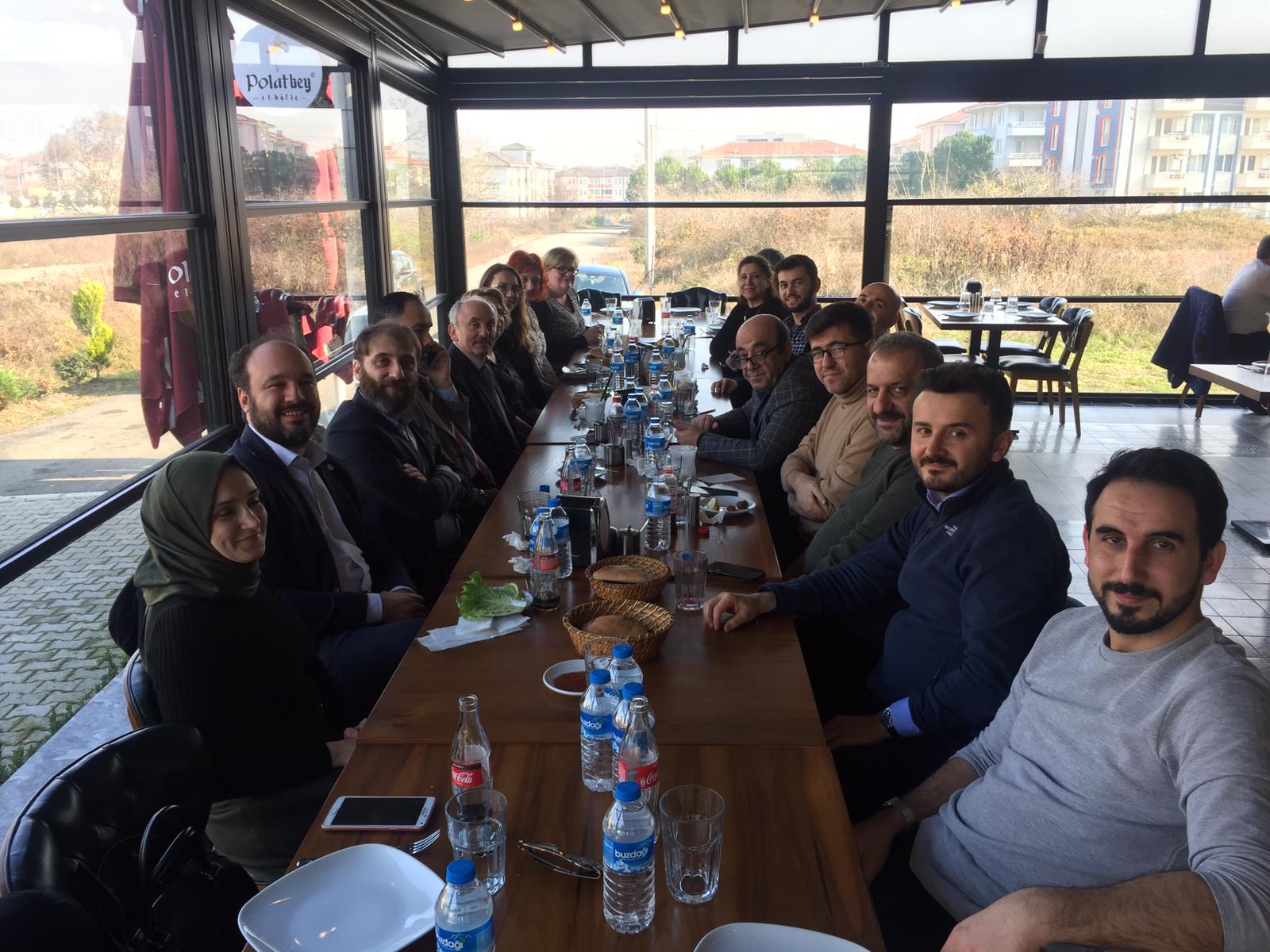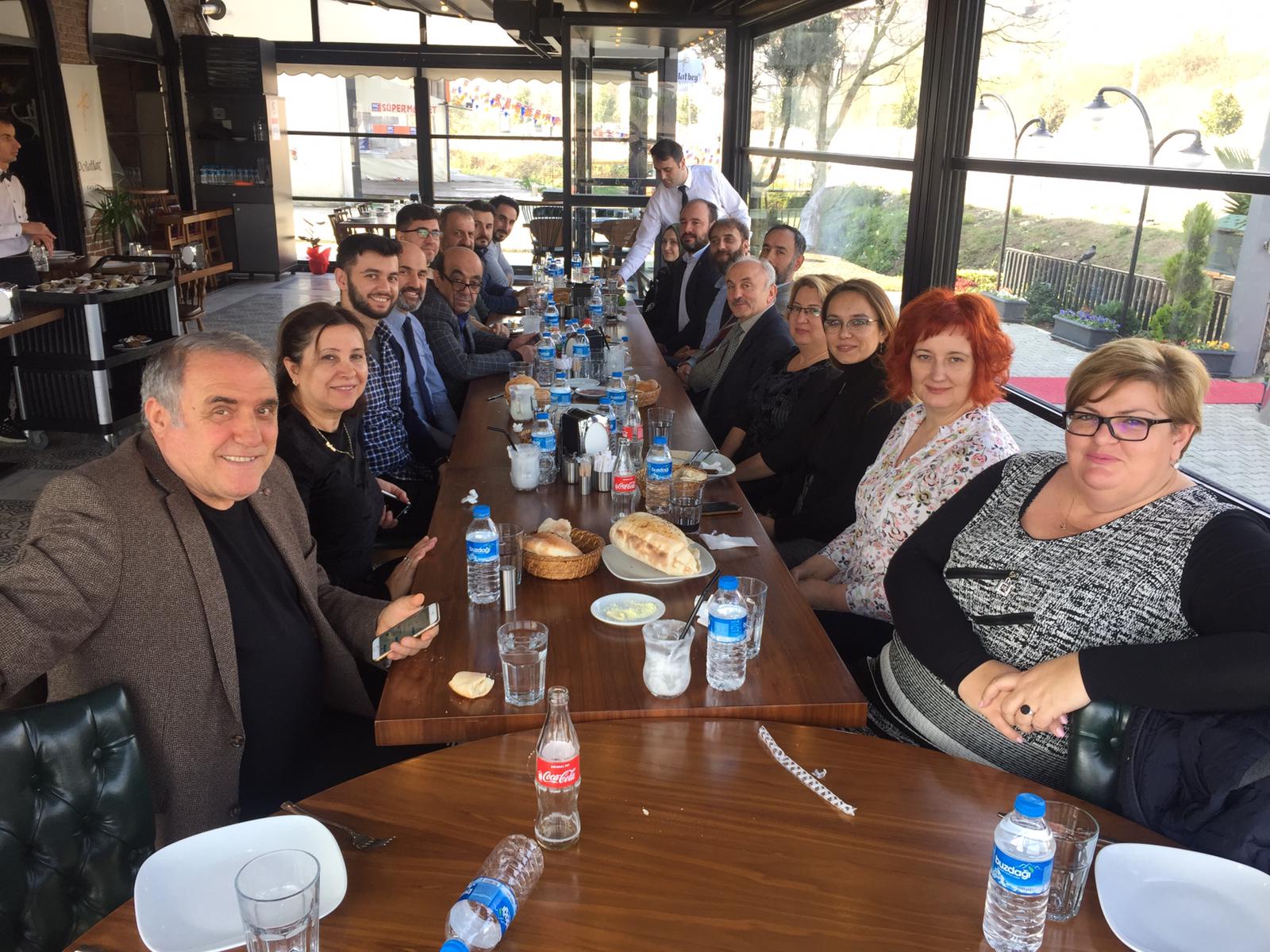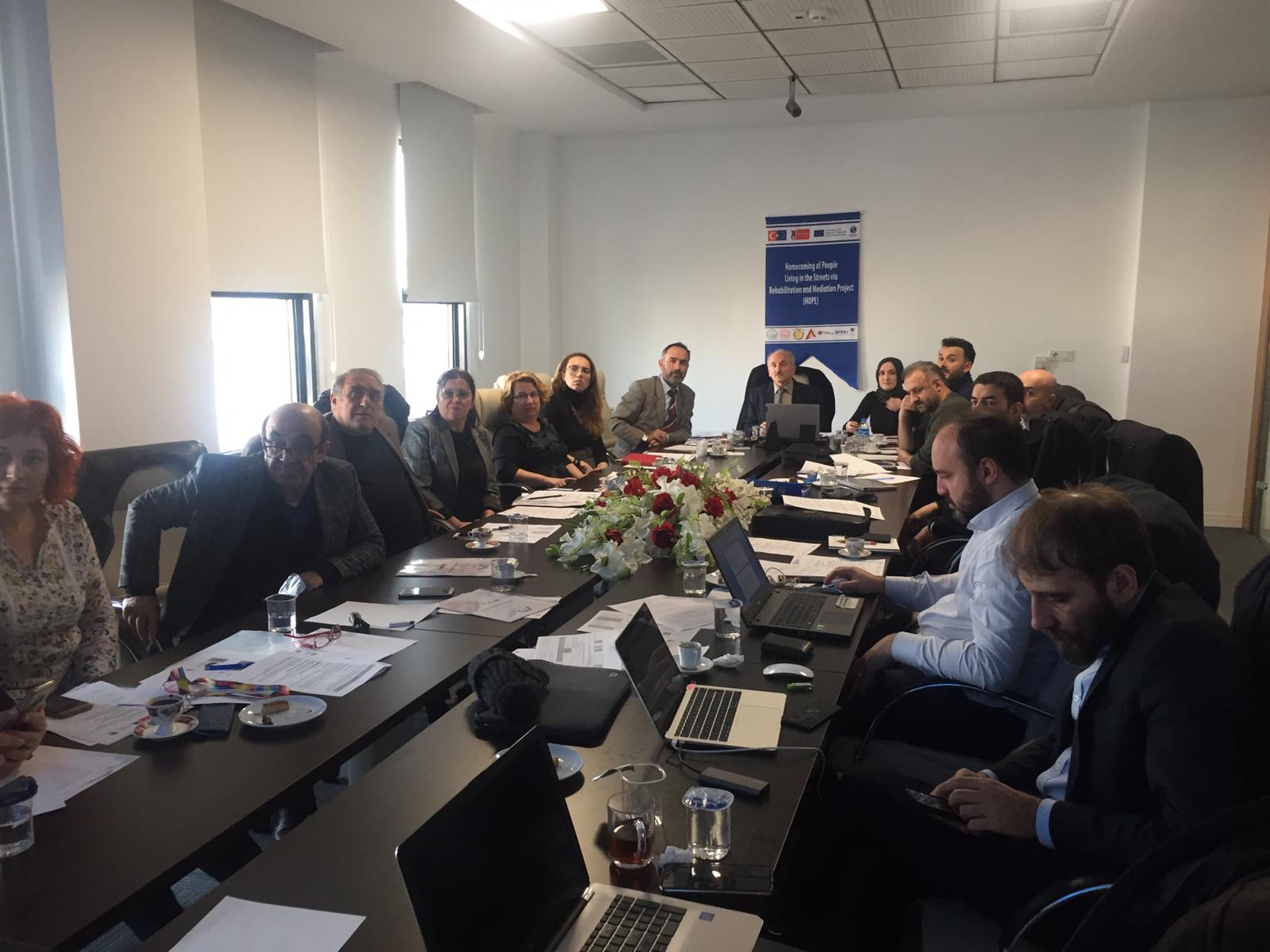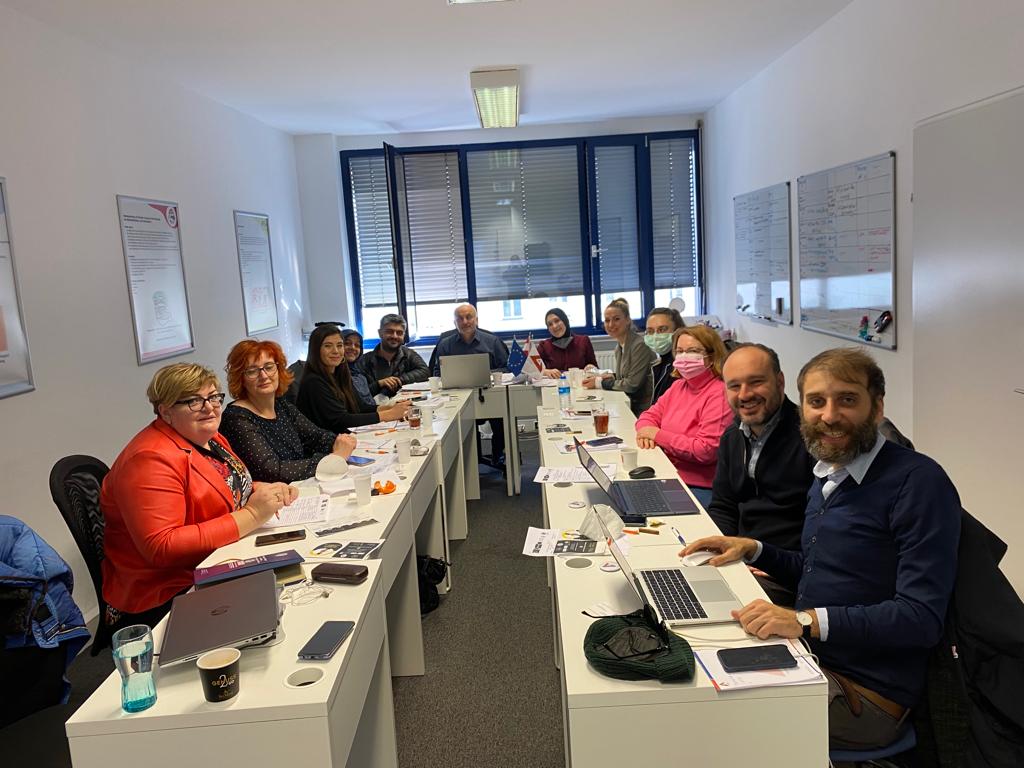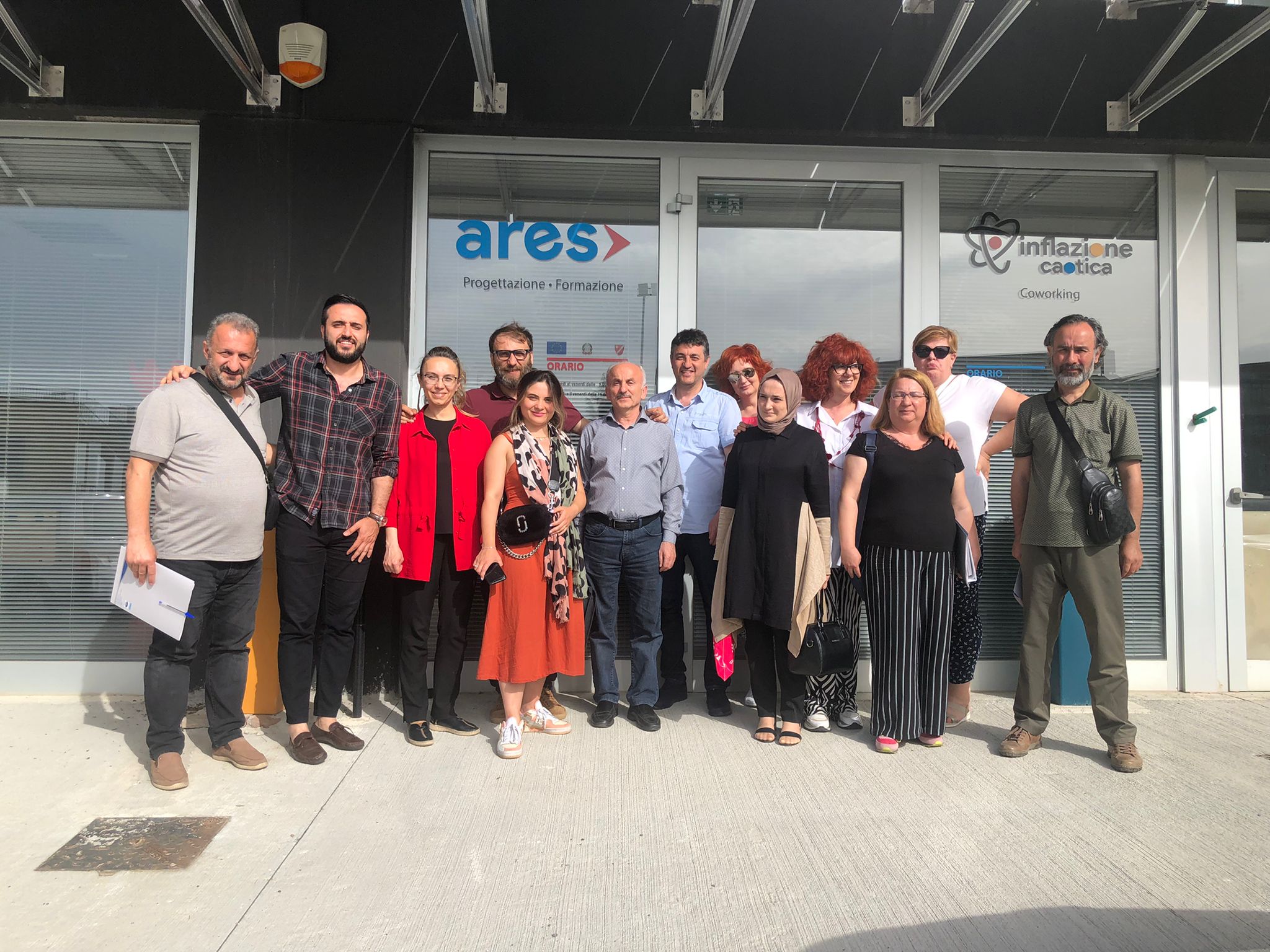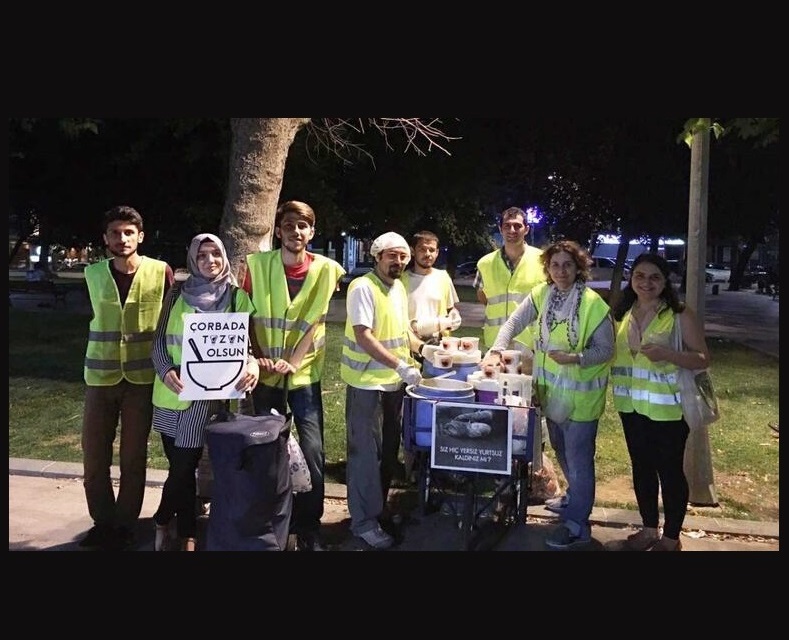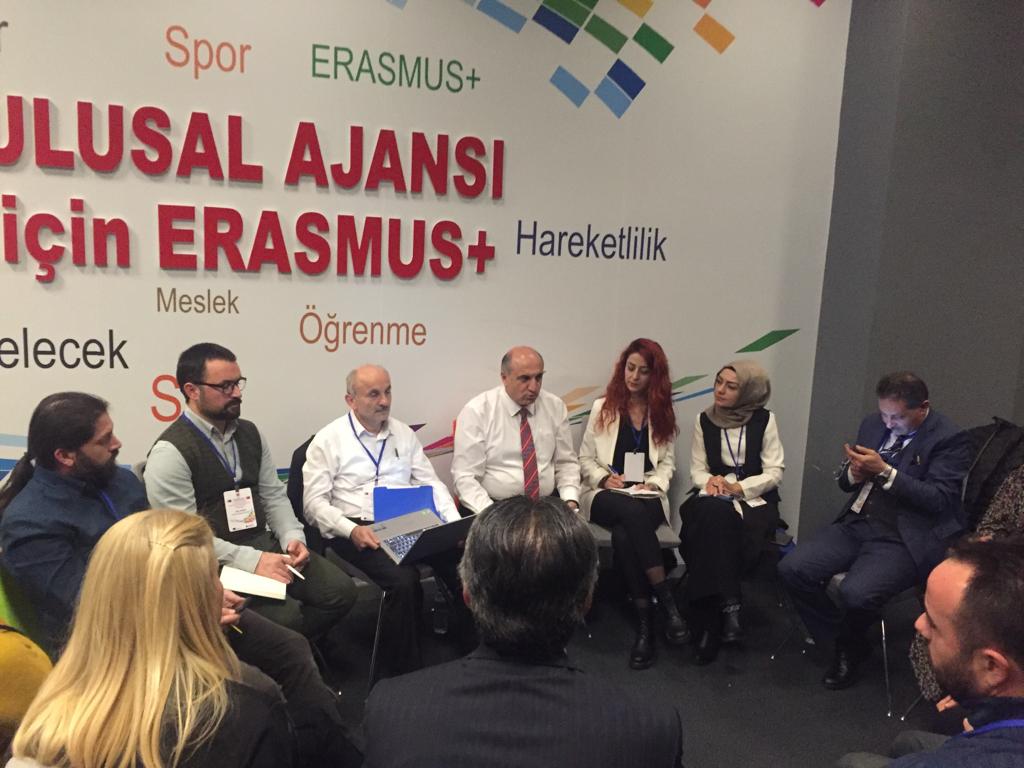The first international meeting of the Erasmus+ Project "Homecoming of People Living in the Street by Rehabilitation and Mediation Project (HOPE)" was held in Sakarya, Turkiye with the participation of representatives from four different countries. With the HOPE project, coordinated by Associate Professor Doctor Yusuf GENÇ, a faculty member of the Department of Social Work on behalf of Sakarya University, the first step of a great cooperation was taken to ensure the return of people living on the streets to their homes.
On January 14-15, 2020, the meeting, hosted by Sakarya Family Labor and Social Services Provincial Directorate, which is one of the project partners, started with the introduction and getting to know activities of the project partners. Representatives of partners from Sakarya University, Sakarya Provincial Directorate of Family, Labor and Social Services, Bolu Abant İzzet Baysal University, Altın Lale Special Education and Rehabilitation Center and the Association for Understanding and Social Support of Disadvantaged Groups from Turkiye participated in the meeting. Representatives of the partners participating from Italy, Austria and Hungary, respectively, made presentations covering data and statistics on people living on the streets in their own countries - the homeless. During the presentations, evaluations were made on the situations related to each country and the optimum working strategies that can be applied to make the project outputs functional were discussed.
In the project, which is planned to last for two years, other agenda items such as communication tools to be used by ensuring communication between partners, dates and numbers of future meetings, creation of project planning, contract conditions, responsibilities to be undertaken by each partner and time flow were also evaluated. Thus, it was aimed to create a planned, comprehensive and functional process flow for combating homelessness and homeless return within two years. In order to reveal the current data on the problems of the homeless and to understand the perspective of families with homeless relatives on homelessness, it was decided to conduct a field survey in 4 countries to reach more than 400 people. Thus, based on the current data, it was decided to produce concrete outputs such as online learning platform, training modules, and academic articles that will contribute to a permanent solution to the problem of homelessness.
